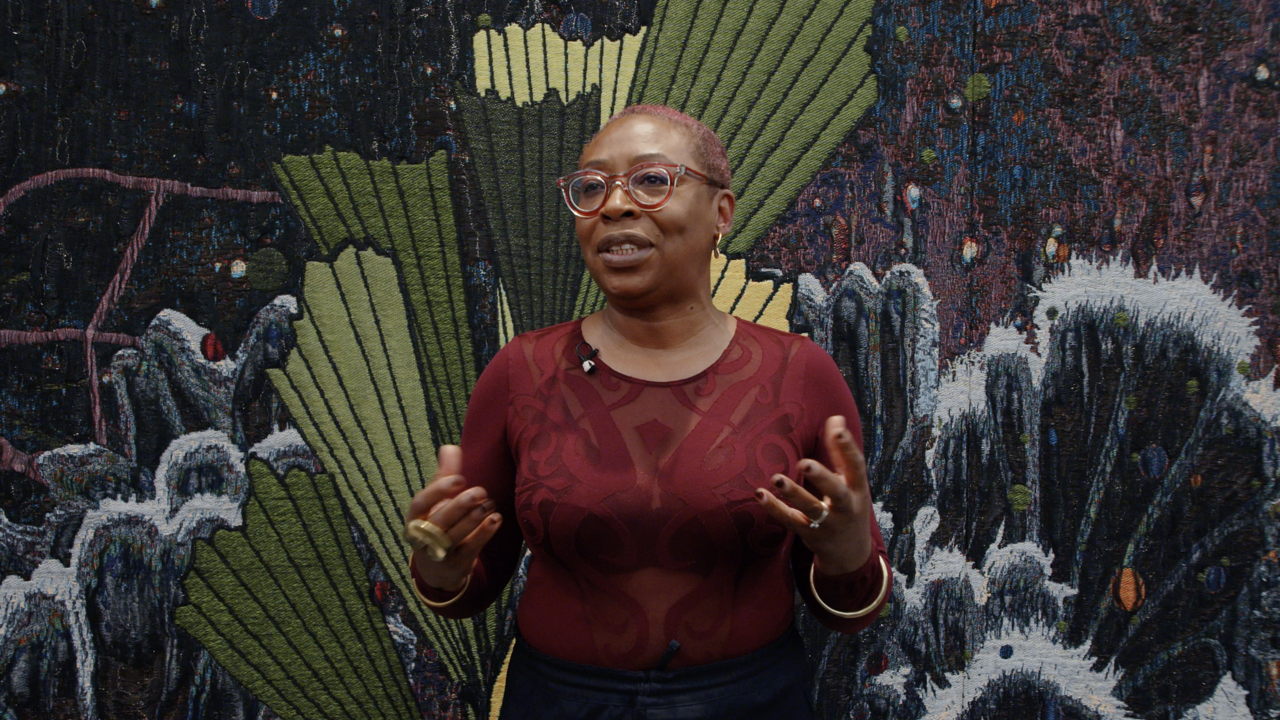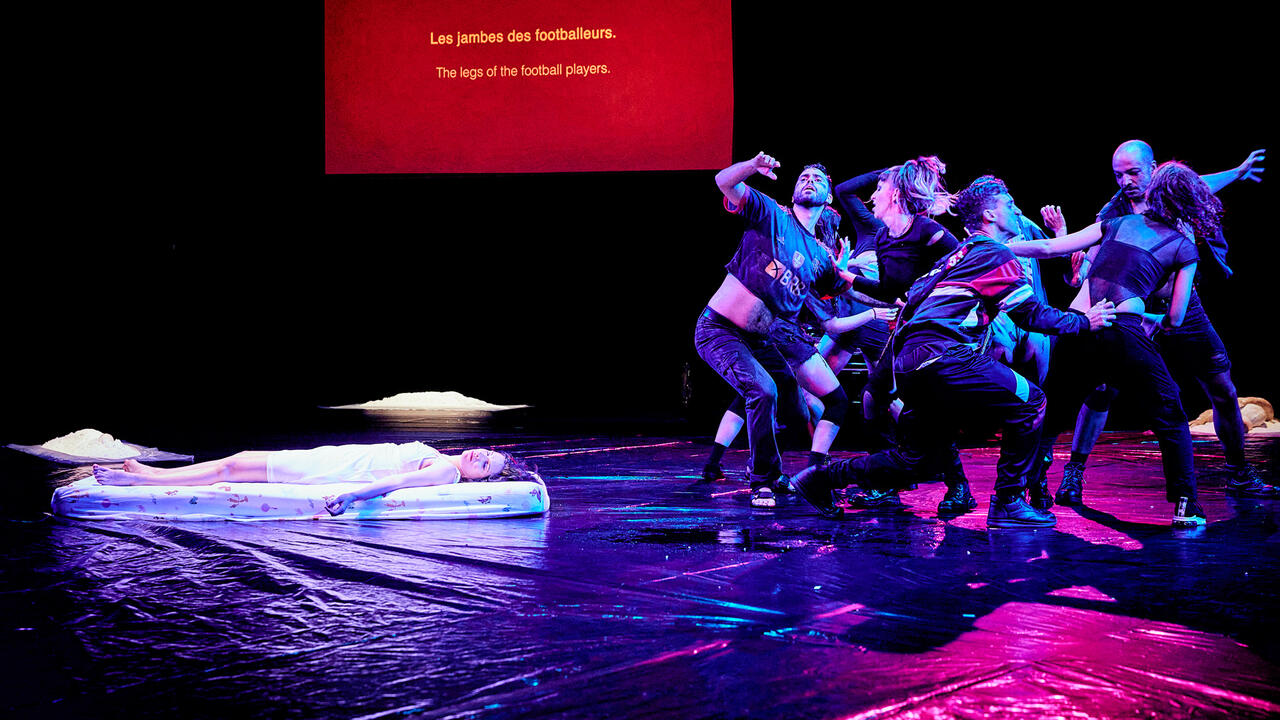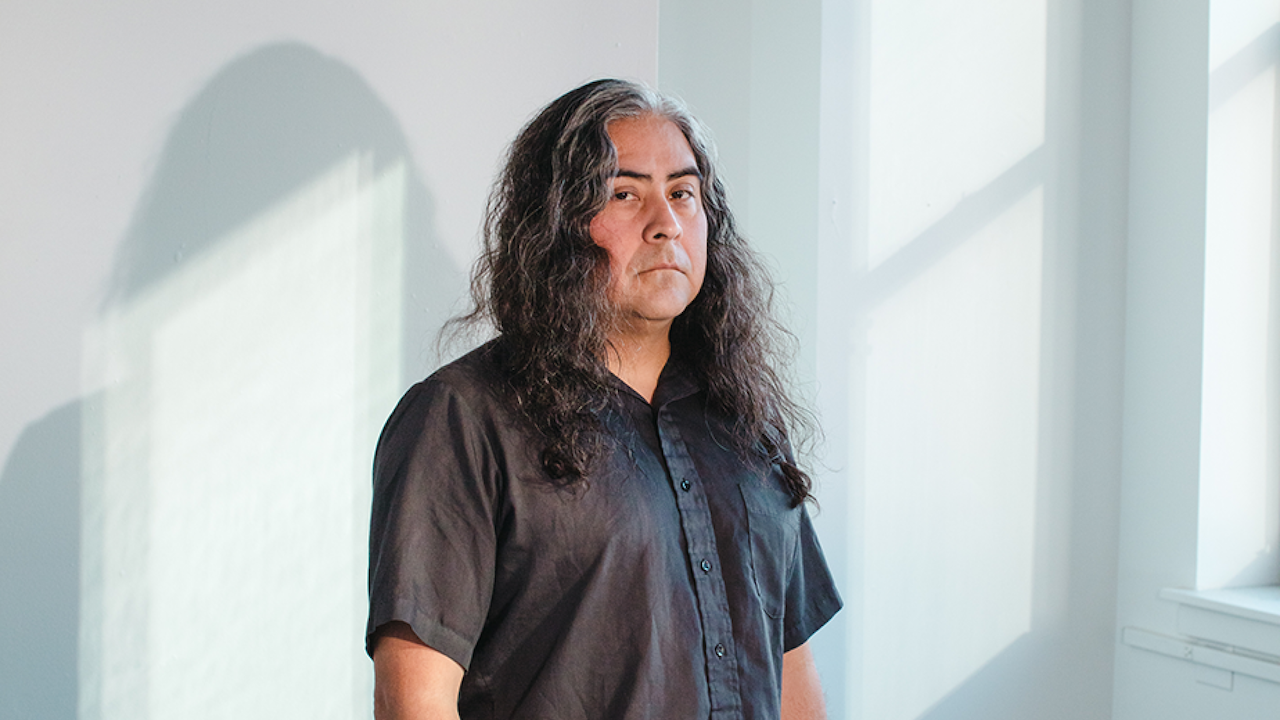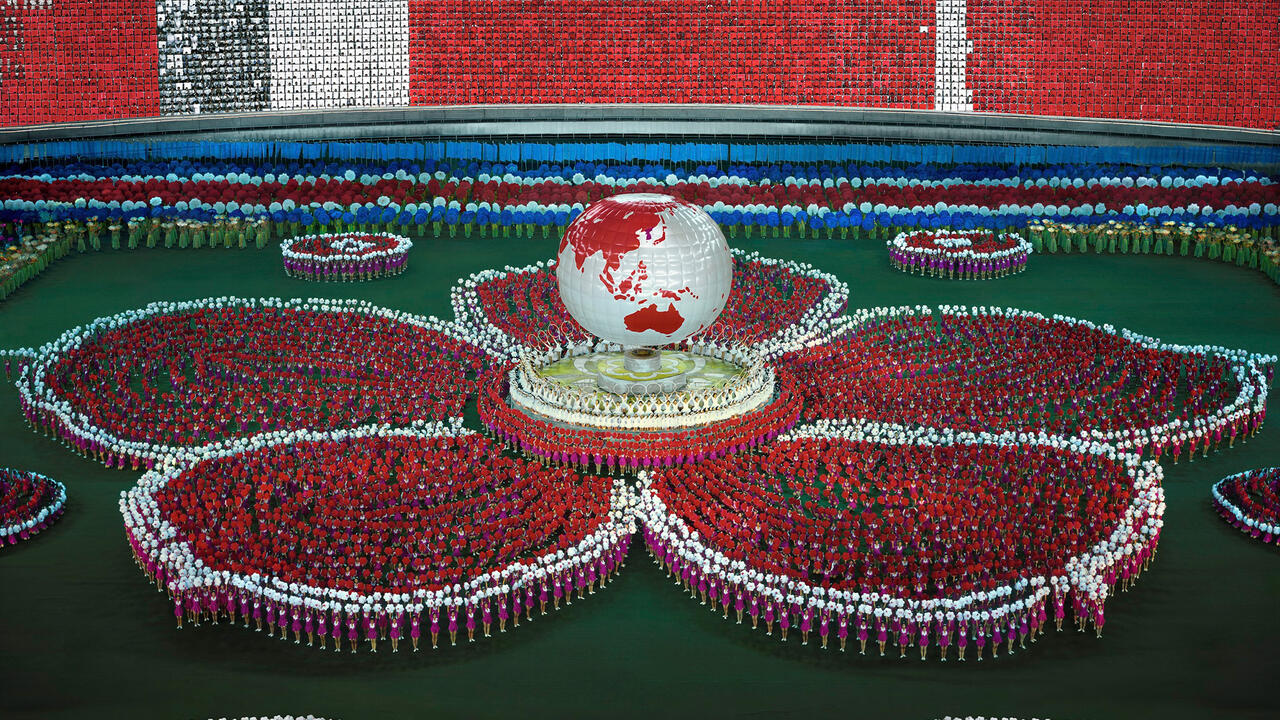Wasted Youth
A review of the independent Greek film, premiered at the 40th International Film Festival Rotterdam
A review of the independent Greek film, premiered at the 40th International Film Festival Rotterdam
Written and directed by Jan Vogel and Argyris Papadimitropoulous, the independent Greek film Wasted Youth (2011) opens in the early hours of the morning in Athens, as Vassilis (Ieronimos Kaletsanos), a drawn middle-aged man, returns home, undresses himself and half-heartedly removes the underwear from his sleeping wife in what appears to be another failed attempt at making love to her. Desperate for relief but too fatigued to achieve it, he remains continuously unfulfilled – a fitting metaphor for the current crisis in Greece. It could also, however, sum up the movie itself. Lacking a script and a developed storyline, it never really achieves a satisfactory climax.

Vassilis is a policeman trapped in a dead-end profession demonized by Greek society. Kalestanos skilfully portrays the role with a sensitivity that seems essential, considering the film’s blatant reference to a recent, real-life event – the fatal shooting of 15-year-old Alexandros Grigoropoulos by two Athens policemen in December 2008, sparking off the infamous December riots in Greece. Perhaps this is why Vassilis’s profession is only revealed toward the movie’s end; he is humanized before being judged, providing the possibility for a less biased perspective on a deeply contentious issue. Throughout the film, scenes from Vassilis’s day are elegantly interspersed with indulgent montages of carefree teenagers skateboarding, expressing the disconnection between Vassilis’s generation and the next – the haves and the have-nots, the ruling and the ruled. Shackled by the economic downturn, he clearly has everything to lose, while the teenagers have nothing at stake.
Based on real events and structured to follow a single day in its characters’ lives connected by a central, tragic event, Wasted Youth is somewhat reminiscent of Gus Van Sant’s Elephant (2003), though it fails to reach the narrative heights of Van Sant’s skilfully crafted film, which dissects a society traumatized by the wave of school killings in America during the late 1990s. Though lacking equal severity, Wasted Youth is as disconnected as Alan Clarke’s Elephant (1989), which translated the brutality of the Troubles in Northern Ireland while making no visual references to place, politics or history. But the effectiveness of this approach is debatable; where Van Sant extracted multi-faceted performances from his amateur ingénues to build a world beyond the façade of the idealized teen, Wasted Youth exploits youthful anarchic bravado without any perspective on why such animosity exists between the youth and the state. The production reveals little about Athens and the deeper, more universal issues that the events of December 2008 exposed.
Consequently, the central character opposite Vassilis, 16-year-old skater Harris (Harris Markou), feels incredibly underdeveloped. He appears to have no connection to the city; surprising, considering he spends so much time downtown, and especially because the film chooses to turn Harris into a version of the young victim, Grigoropoulos. Despite what Harris’s character suggests, a majority of Athenian teens are somewhat aware of the decay in their society – they started witnessing its decline long before the events of 2008. As such, it will be interesting to observe reactions to the film – and in particular the ending – when it is released in Greece in March, especially since the contexts that feed the film have been largely ignored. For a foreign audience lacking the details to comprehend Wasted Youth’s message, and for a Greek audience still coming to terms with what happened that dark December, this could prove problematic. Nevertheless, it is something to talk about. Maybe that’s the point.
















